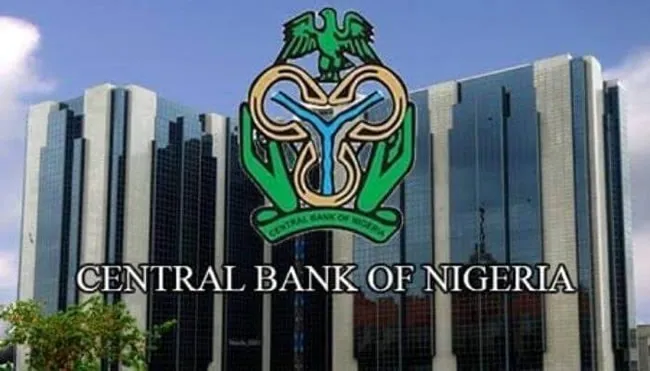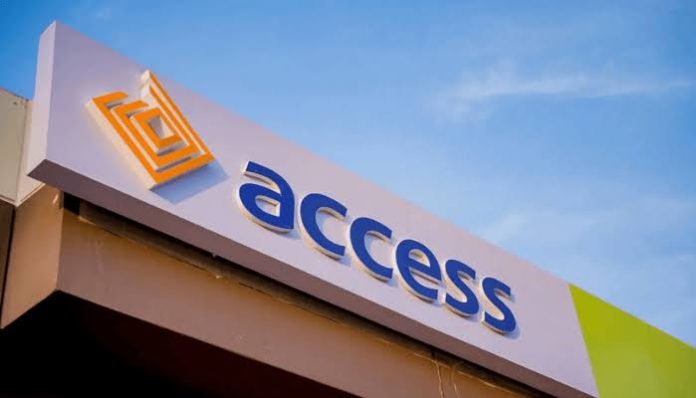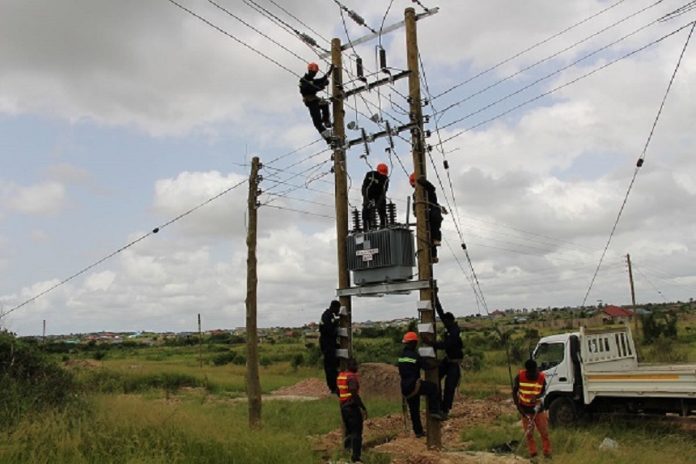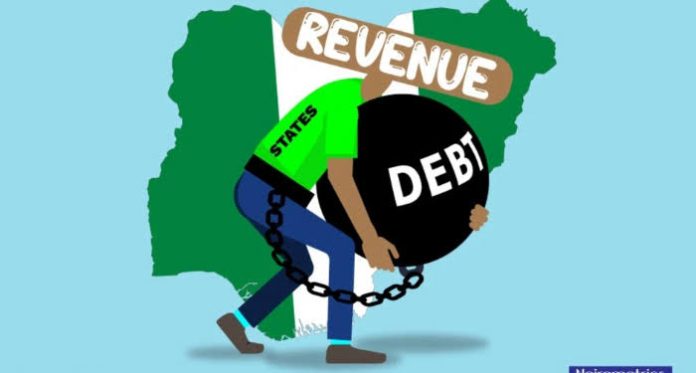… As NNPC, Golar, sign pact on floating LNG
By Cyril Ogar , Abuja
NLNG Shipping and Marine Services Limited ,NSM, a subsidiary of Nigeria Liquefied Natural Gas Limited ,Nigeria LNG Limited, has signed an agreement with Temile Development Company Limited for the management of Liquefied Petroleum Gas ,LPG, Alfred Temile 10 Vessel.
The LPG Alfred Temile 10, is a 23,000 cubic metres liquefied petroleum gas vessel owned by Temile Development Company Limited, with NSML designated as the technical vessel manager.
The landmark agreement which was signed by the two indigenous companies will not only boost maritime operations in the oil and gas sector, but will also deepen the LPG utilisation in the country.
Speaking at the agreement signing ceremony held on Tuesday in Abuja, the Executive Vice President, Gas, Power and New Energy of the Nigerian National Petroleum Company Limited ,NNPC LTD, Olalekan Ogunleye, assured Afred Temile that NSML was very capable, and would be given every support to manage any number of vessels the company would deliver.
Ogunleye who is also the Chairman of the Board of the NSML stated that the signing of the agreement demonstrated that the Board was satisfied with what the management of the NSML is doing, and would give every support to enable them expand their activities.
Represented by the Chief Investment Officer, NNPC Gas and Power Investment Services, Dr. Salihu Jamari, the EVP said, the Board would also ensure that NSML becomes dominant marine services provider in the region, not only in West Africa, but in the whole of Africa.
He, therefore, called on relevant stakeholders to give NSML support to able to operate across the region. “Because that has been the target given to them by the board. And the board is willing to go to any length to give them any support that they need in terms of manpower development, vessel management and all other marine services”.
Also speaking, the Chief Executive Officer ,CEO, of Temile Development Company Limited, Afred Temile expressed joy over the milestone agreement signed with the NSML.
Alfred narrated that when the company took delivery of first Afred Temile, a couple of years ago, “it was not a commercial decision, but a decision of we can do it”. And now the company has done it.
He assured that “there are many more to come. We are at a final stage of taking FID on another LPG tanker. There a lot of investment decisions we are taking in terms of deepening our participation in the gas sector”, he said.
Earlier, the General Manager, External Relations and Sustainability Development at NLNG, Andy Odey said, one key part of the company’s value chain is transportation, and NSML plays a very strong role in that space.
He noted that “in 19-year-old this year, NSML has done so much in such a short time, and transformed to such a point where 11 of our vessels are fully managed by the NSML.
“As a parent company we are proud of what our child is doing”, added.
Speaking on the contribution of Alfred Temile to the domestic utilisation of LPG in Nigeria, he said, “the Company plays a strategic role in ensuring that LPG or domestic cooking gas leaves our facility to every part of Nigeria, that today we are responsible for about 40 percent LPG that is consumed in Nigeria”.
NSML is a private Limited Liability company which provides shipping services including training, manning, fleet management and consultancy services to NLNG, Bonny Gas Transport ,BGT, and the sub-Saharan Africa maritime sector.
The company was established in response to rapid changes and challenges in the maritime business and the scarcity of competent ship board personnel worldwide.
Initially incorporated on October 9, 2008, as a manning company, NSML commenced full operations in August 2010 as NLNG Ship Manning Limited.
In October 2014, the company was renamed NLNG Ship Management Limited and repurposed as a full-fledged ship management company, following the integration of NLNG’s vessel management activities.
In 2017, its scope of services expanded to include the Maritime Centre of Excellence ,MCOE, and terminal management services. NSML changed its registered name in 2023 to NLNG Shipping and Marine Services Limited.
NSML is an integrated maritime services company providing a wide range of top-notch maritime and shipping services including training, manning, fleet management and consultancy services.
The LPG carrier vessel is the second that is being constructed by the Temile Development Company and is a sequel to the first vessel which was delivered in 2020 currently chartered toNigeriaLNG Limited for domestic LPG supply.
The first LPGvesseldelivered in 2020 and the newly awarded were part of a two-vessel-building project valued at over $120 million.
In the same vein the Nigerian National Petroleum Company Limited ,NNPC , has also executed a Project Development Agreement ,PDA, with Golar LNG of Norway to build a Floating Liquefied Natural Gas ,LNG, plant offshore Niger Delta, Nigeria.
This is in furtherance of the national oil company’s commitment to monetize Nigeria’s vast natural gas resources.
Currently, the country has about 209.26 trillion cubic feet ,TCF, of Associated and Non-Associated Gas reserves.
The reserves of Associated Gas and Non-Associated Gas were reported at 102.59 TCF and 106.67 TCF, respectively by the Nigerian Upstream Petroleum Regulatory Commission ,NUPRC, in its latest report.
According to the statement by the Chief Corporate Communications Officer of the NNPC Limited, Olufemi Soneye, the signing ceremony, which took place on Monday, June 10, 2024, was attended by the Chief Financial Officer, Umar Ajiya; Executive Vice President, Gas Power & New Energy, Olalekan Ogunleye and Executive Vice President, Upstream, Mrs. Oritsemeyiwa Eyesan while the Golar LNG team was led by – Karl Fredrik Staubo (CEO).
He said, the PDA is another major milestone achievement towards ensuring gas commercialization through deployment of an FLNG Facility in Nigeria, which is in line with Mr. President Bola Ahmed Tinubu’s resolve to rapidly commercialize Nigeria’s gas assets for the economic prosperity of the Nation.
Mr. Soneye said, the agreement aims to monetize vast proven gas reserves from shallow water resources offshore Nigeria, adding that the PDA also outlines the monetization plan that will utilize approximately 400-500mmscf/d and produce LNG, LPG and Condensate.
He revealed that the Partners, NNPC Limited and Golar LNG have both expressed their commitment to achieve Final Investment Decision ,FID, before end of Q4, 2024 and first gas by 2027.
Golar LNG Limited is a renowned independent owner and operator of LNG infrastructure, including carriers, floating storage and regasification units ,FSRUs, and floating liquefaction ,FLNG, vessels.










